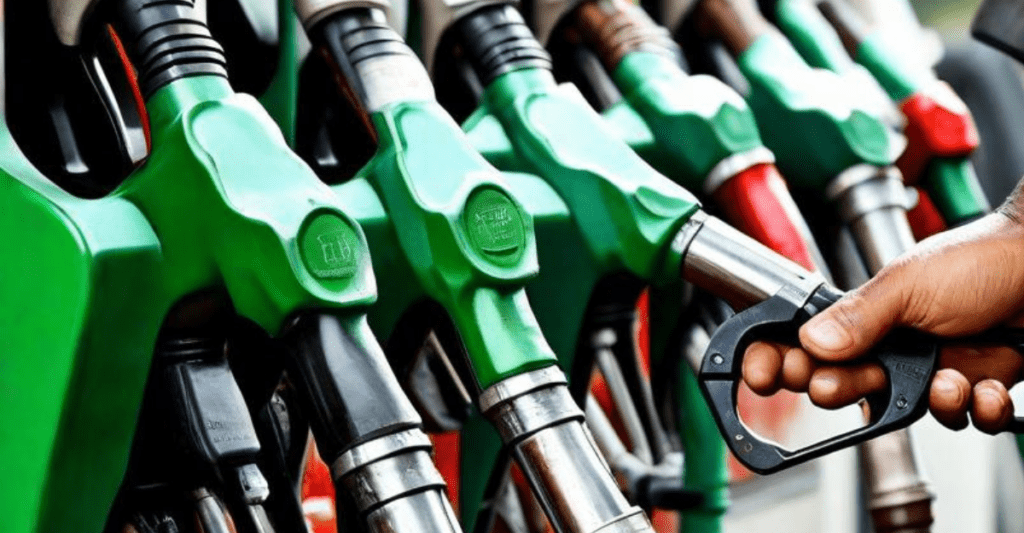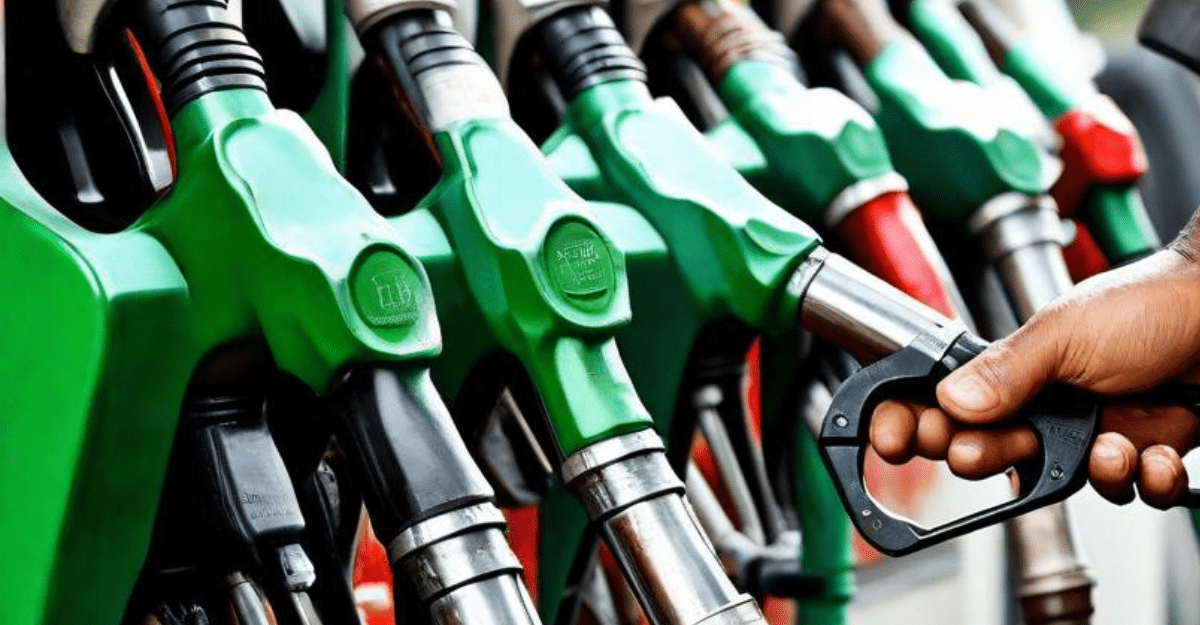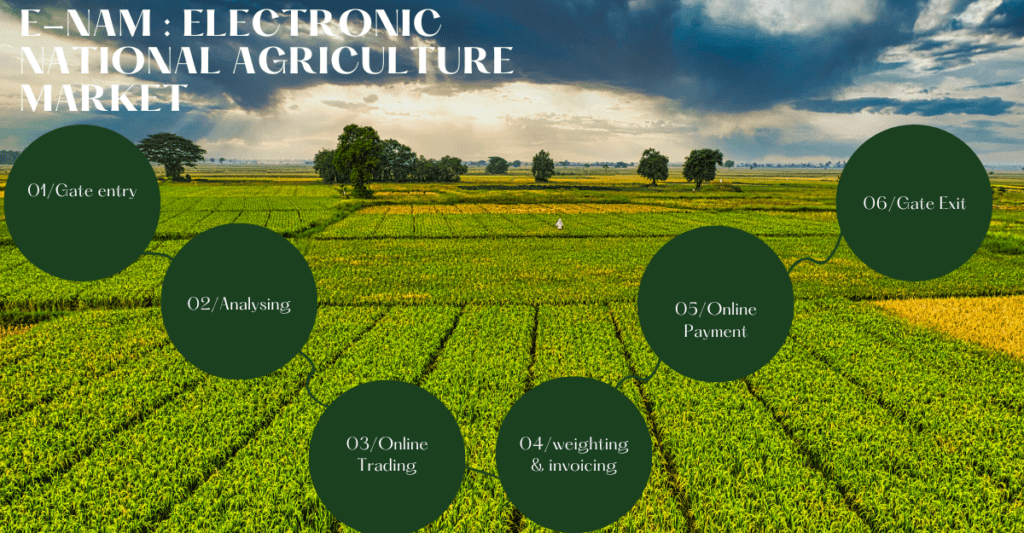
Introduction (Massive cuts in petrol, and diesel prices )
According to insider information, the Petroleum Ministry has meticulously crafted a proposal suggesting substantial cuts ranging from Rs 8 to Rs 10 per litre in both petrol and diesel. The awaited approval from the Prime Minister is expected to materialize, with an announcement scheduled for Thursday.
Anticipating a New Year Bonanza
In anticipation of the upcoming general elections in the first half of 2024, the government, led by Prime Minister Narendra Modi, is actively working on implementing considerable reductions, surpassing Massive cuts in petrol and diesel prices, in the retail prices of petrol and diesel. These reductions are poised to be revealed before the conclusion of the calendar year, setting the stage for an economic shift.
Reasoning Behind Ministry’s Proposal
The underlying rationale behind the Ministry’s proposal for these substantial reductions lies in the significant drop in the procurement cost of imported crude oil, a key component in the refinery process for these fuels. This proposal, awaiting approval, aims to address the economic impact of reduced crude oil prices.
Crude Oil Price Dynamics
During the financial year 2023-24 (April-March), the average price of crude oil stood at $77.14 per barrel. Notably, September recorded a spike at $93.54, and October followed at $90.08. The average crude oil price in the preceding fiscal year, 2022-23, was $93.15 per barrel.
Windfall Profits for Oil Marketing Companies
Despite ex-refinery prices of petrol and diesel remaining unchanged since April 6, 2022, the current fiscal year’s low crude oil prices have resulted in substantial profits for government-run oil marketing companies—Indian Oil Corp, Bharat Petroleum Corp, and Hindustan Petroleum Corp. In the initial six months of this fiscal year, they collectively accrued a net profit of Rs 58,198 crore.
Financial Support for Previous Losses
To offset losses incurred in the last fiscal year (2022-23) due to crude prices exceeding $90, the Union Budget for 2023-24 announced a support of Rs 30,000 crore for the three government-run oil marketing companies. This financial backing, framed as equity infusion for their green carbon initiatives, remained unutilized due to the unexpected fiscal windfall in the current year.
Political Implications of Massive cuts in petrol, and diesel prices
Insiders speculate that the proposed price cuts could signal the ruling party’s intention to announce early elections. This strategic move aims to capitalize on recent landslide victories in three of the four significant states, potentially curbing the Opposition’s narrative that highlights inflation as the government’s primary failure.
Government’s Earlier Intervention
On May 22, 2022, the central government proactively reduced the Central Excise Duty on petrol and diesel by Rs 8 and Rs 6 per litre, respectively. This strategic measure aimed to mitigate inflation, considering the substantial impact of these automotive fuels on the Wholesale Price Index (WPI), with respective weights of 1.60% and 3.10% in the WPI.
FAQ Frequently Asked Questions
- What is the current proposal regarding petrol and diesel prices?
- The Petroleum Ministry has proposed significant cuts ranging from Rs 8 to Rs 10 per liter in both petrol and diesel. This proposal is awaiting approval from the Prime Minister.
- When can we expect an official announcement regarding these price cuts?
- The official announcement is anticipated to be made on Thursday, pending approval from the Prime Minister.
- Why is the government considering these massive price reductions?
- The Ministry’s proposal is grounded in the substantial drop in the procurement cost of imported crude oil, a critical component in the production of petrol and diesel.
- What are the average crude oil prices for the current financial year (2023-24)?
- The average crude oil price stands at $77.14 per barrel, with notable spikes in September at $93.54 and October at $90.08.
- Have the ex-refinery prices of petrol and diesel changed recently?
- No, the ex-refinery prices have remained unchanged since April 6, 2022, despite the fluctuating global crude oil prices.
- How have the current fiscal year’s low crude oil prices impacted government-run oil marketing companies?
- The reduced crude oil prices have resulted in significant profits for the three government-run oil marketing companies—Indian Oil Corp, Bharat Petroleum Corp, and Hindustan Petroleum Corp. In the first six months of this fiscal year, they collectively made a net profit of Rs 58,198 crore.
- Was there any financial support announced for losses incurred in the last fiscal year (2022-23)?
- Yes, the Union Budget for 2023-24 announced a support of Rs 30,000 crore for the three government-run oil marketing companies. However, these funds, framed as equity infusion for green carbon initiatives, were not utilized due to the unexpected fiscal windfall in the current year.
- What political implications do these price cuts carry?
- Insiders suggest that the proposed price cuts could signal the ruling party’s intention to announce early elections, leveraging recent victories in three significant states to counter the Opposition’s narrative on inflation.
- Has the government previously intervened in fuel prices?
- Yes, on May 22, 2022, the central government reduced the Central Excise Duty on petrol and diesel by Rs 8 and Rs 6 per litre, respectively. This intervention aimed to mitigate inflation, given the significant impact of these automotive fuels on the Wholesale Price Index (WPI).




